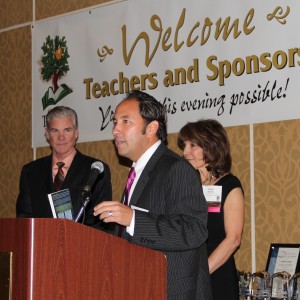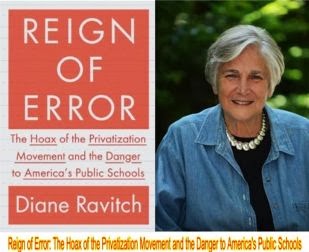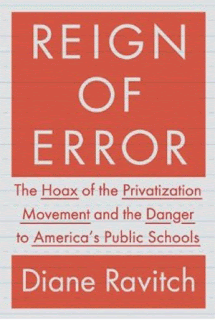Gates Money and Common Core– Part III
My first post on Gates and his Common Core State Standards (CCSS) spending includes information on his paying millions to the four key organizations involved in composing CCSS as well as to key education organizations and think tanks for their endorsement. My second post of this series examines Gates money paid to organizations influencing state departments and local school districts for the purpose of advancing CCSS.
In this third post, I discuss the state departments and local school districts that have accepted Gates money in order to promote CCSS.
CCSS is apparently important enough to Gates for him to force feed to the public via funneling though its departments of education. And since he is wildly rich, he must know what is good and true for American public education. We can blindly trust him, for he has a large wallet.
Not.
As to that wallet: Here are the state and local boards (and a single independent school)* that have accepted Gates payouts specifically for CCSS as noted on theGates grants search engine:
Colorado Legacy Foundation (CO Dept. of Ed.): $11,455,547
Delaware Department of Education: $400,000
Georgia Department of Education: $1,980,892
Atlanta Public Schools $500,000
Forsyth County Schools $151,200
Kentucky












 A new school year offers the promise of a fresh start, but in Portland, Oregon — the first stop on NEA President Dennis Van Roekel’s 2013 Back to School Tour — funding cuts and ballooning class sizes threaten to cast a shadow over the state’s bright new beginning. Oregon’s class sizes are the third largest in the country, and as part of its “What’s Your Number” campaign, Oregon Education Association members wear buttons with the number of students in their classes. One high school English teacher has the number 48 on her button. Her classroom is so crowded some kids have to sit on the floor.
A new school year offers the promise of a fresh start, but in Portland, Oregon — the first stop on NEA President Dennis Van Roekel’s 2013 Back to School Tour — funding cuts and ballooning class sizes threaten to cast a shadow over the state’s bright new beginning. Oregon’s class sizes are the third largest in the country, and as part of its “What’s Your Number” campaign, Oregon Education Association members wear buttons with the number of students in their classes. One high school English teacher has the number 48 on her button. Her classroom is so crowded some kids have to sit on the floor.